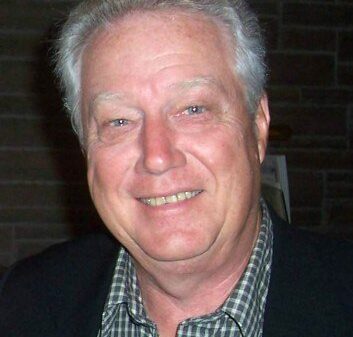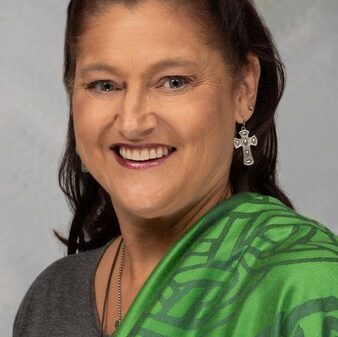In the week of August 17, 2023, oncology professionals gained valuable insights through a series of informative videos aimed at enhancing their clinical practice. These brief segments focus on significant developments in oncology, including expert opinions on new treatments, regulatory updates, and critical findings from recent medical meetings.
Key Discussions from Leading Oncologists
One of the notable videos features Naseema Gangat, MBBS, from Mayo Clinic, who provides a comparative analysis of two therapies for patients with polycythemia vera: ruxolitinib (Jakafi) and ropeginterferon alfa-2b-njft (Besremi). Gangat notes that both treatments have demonstrated effectiveness in reducing JAK2 allele burden, a critical factor in managing the disease. She highlights data from the phase 3 RESPONSE trial (NCT01243944) and phase 2 MAJIC-PV trial (ISRCTN61925716), where ruxolitinib showed improved symptom control and hematocrit levels compared to standard therapies.
In another video, Prerna Mewawalla, MD, of Allegheny Health Network and Drexel University College of Medicine, addresses the challenges following early CAR T-cell therapy in patients with relapsed and refractory multiple myeloma. Mewawalla points out gaps in knowledge regarding salvage options and the sequencing of therapies. She stresses the necessity for maintenance therapy to optimize durable responses and advocates for broader access to CAR T-cell treatment amid existing geographic disparities.
Emerging Treatments and Strategies in Oncology
From Georgetown University Hospital, John L. Marshall, MD, discusses the role of fruquintinib (Fruzaqla) in the treatment of metastatic colorectal cancer (mCRC). He emphasizes that pivotal trials have shown a survival benefit in third-line settings, primarily through disease stabilization rather than direct tumor regression. Marshall cautions against delaying treatment, noting that the drug’s efficacy diminishes if initiated too late in a patient’s disease progression. He also highlights the individualized nature of treatment decisions, particularly when comparing fruquintinib with trifluridine/tipiracil (Lonsurf; TAS-102).
In a different segment, Matthew Ku, MBBS, FRACP, RACP, FRCPA/RCPA, PhD, from St Vincent’s Hospital, explains the rationale for investigating JNJ-90014496 in patients with relapsed/refractory large B-cell lymphoma. He outlines the limitations of existing CD19-targeted CAR T-cell therapies and introduces JNJ-90014496 as a dual CD19/CD20-directed bispecific CAR T-cell therapy. The study (NCT05421663) aims to overcome antigen escape and enhance efficacy in treatment-resistant patients, with a recommended phase 2 dose established at 75 million CAR-positive T cells for optimal safety.
Lastly, Martin Dreyling, MD, PhD, from University Hospital Munich, presents findings on the efficacy of acalabrutinib (Calquence) combined with bendamustine and rituximab (Rituxan) for high-risk mantle cell lymphoma (MCL). Discussing results from the phase 3 ECHO trial (NCT02972840), Dreyling highlights a complete response rate of 66.6% overall, with even higher rates in high-risk patients. He argues that these findings reinforce the need for combining chemotherapy with targeted therapies to improve outcomes in high-risk MCL.
These videos serve as a crucial resource for oncologists seeking to stay informed about the latest advancements in treatment strategies and patient care. By sharing expert insights, the oncology community can continue to enhance patient outcomes and address the evolving needs of cancer care.







































































